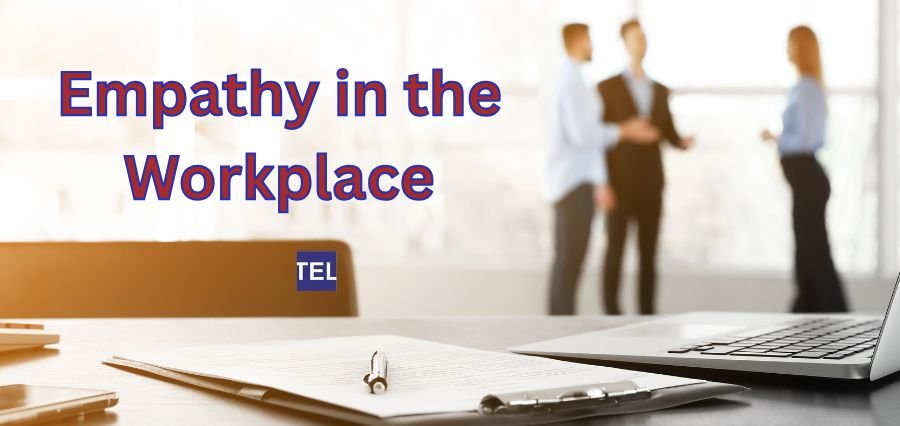Workspaces are being redefined at breakneck speed. Telework and flexibility, diversity blend, and distributed team models redefine the collaboration and communications playbook. Empathy in the workplace is what makes it all tick in the new paradigm. Employees aren’t cog cogs in a machine—employees are human with fear, hope, and feeling.
Empathy workplaces have happier employees, improved teams, and improved conflict management. If the boss hears, or the coworker makes his day by smiling when there is no hope left, the office becomes human—and productivity will arrive shortly.
The Business Consequences of Empathy in the Workplace
Not only is empathy incredible for culture—inccredible for business too. Study after study after study confirms that empathetic companies are successful. Why? Because when individuals feel they’ve been heard and understood, they’ll be more likely to give their best.
“A bad enough fact, empathy is not just a builder of business, but a builder of customer relationships.” Caring by employees brings special warmth to client relationships as additional service creation. Empathy is a form of differentiation from competition—inevitably with internal and external awareness.
Smarter, more compassionate decision-making is the outcome. They listen and hear many, feel emotional currents, and construct solutions that invite all in. Smarter, better-informed risk-taking, creativity, and cost-less people problems like burnout or disengagement follow.
Leadership and Empathy in the Workplace
Great leadership carries an empathy pulse. It’s not great leadership—managering managers. It’s not command and control—it’s connection.
They are such empathy in the workplace leaders who trust sooner and create loyalty. They listen to hear it, and not respond to react to hear. They get it when the employee is on the hill and are of the right help without put-downs. That establishes psychological safety, where employees can say something without ridicule.
Openness comes out of empathy too. Leaders are putting themselves at risk or under pressure, and that is an open system. It has enough space for teams to be able to do the same and gives communication and collaboration the opportunity to flourish.
How is Empathy in the Workplace possible to practice daily
Nothing ever happens naturally in nature that is new and unnatural, and empathy is unnatural—except as a pop culture superhero fantasy. Empathy is a trainable and teachable skill. Below are steps to embed empathy in the workplace that actually do work:
- Active Listening: Listen intently to what the other side is really saying without typing out your response while his or her endless prattling continues. Clarifying questions.
- Name Emotions: Be attentive to non-verbal communications and messages. Only when questioning, have on hand, “How are you really doing?”
- Build Open Communication: Offer warm space where employees can express concern, suggestion, or comment without fear of rebuke.
- Reward Effort: Reward effort especially where uncertainty exists. Expressing gratitude in this way releases affective bonding.
- Lead with Awe: In conflict, ask for the ‘why’ behind an action and do not assume.
Deeply embedded low empathy produces mass cultural change.
Creating a Culture of Empathy in the Workplace
Creating an empathic work culture starts with leaders. It needs to be modeled, valued, and long-term sustained. Leaders start by creating empathy into values, mission, and performance metrics.
Workshops can be used to establish salience on an emotional level among teams. Empathy can be leveraged through performance goals while using performance appraisals. Incentive programs can be used to reward empathetic and sympathetic actions. When empathy in the workplace is an unusual strength, it goes viral.
Along with work-life balance policy and mental health enabler policy, and diversity policy, they demonstrate that employees count, and are valued. A compassionate workplace is not rhetoric—words are lived out day by day, process by process, and interaction by interaction.
Empathy and the Future of Work
With more and more routine and technical work being offloaded to AI and automation, it will be that which is specifically human—empathy—that will drive the future of work. The future of work will require collaboration, creativity, and reducing complicated problems into their constituent parts—none of which are able to thrive when lacking emotional intelligence.
Workplace empathy will be the greatest driving force for successful recruitment and retention. Workers are not seeking something additional from their paychecks—workers are seeking purpose, significance, and respect. Organizations placing empathetic leadership on the agenda as a rightful priority today are positioning themselves for tomorrow and for resilience.

